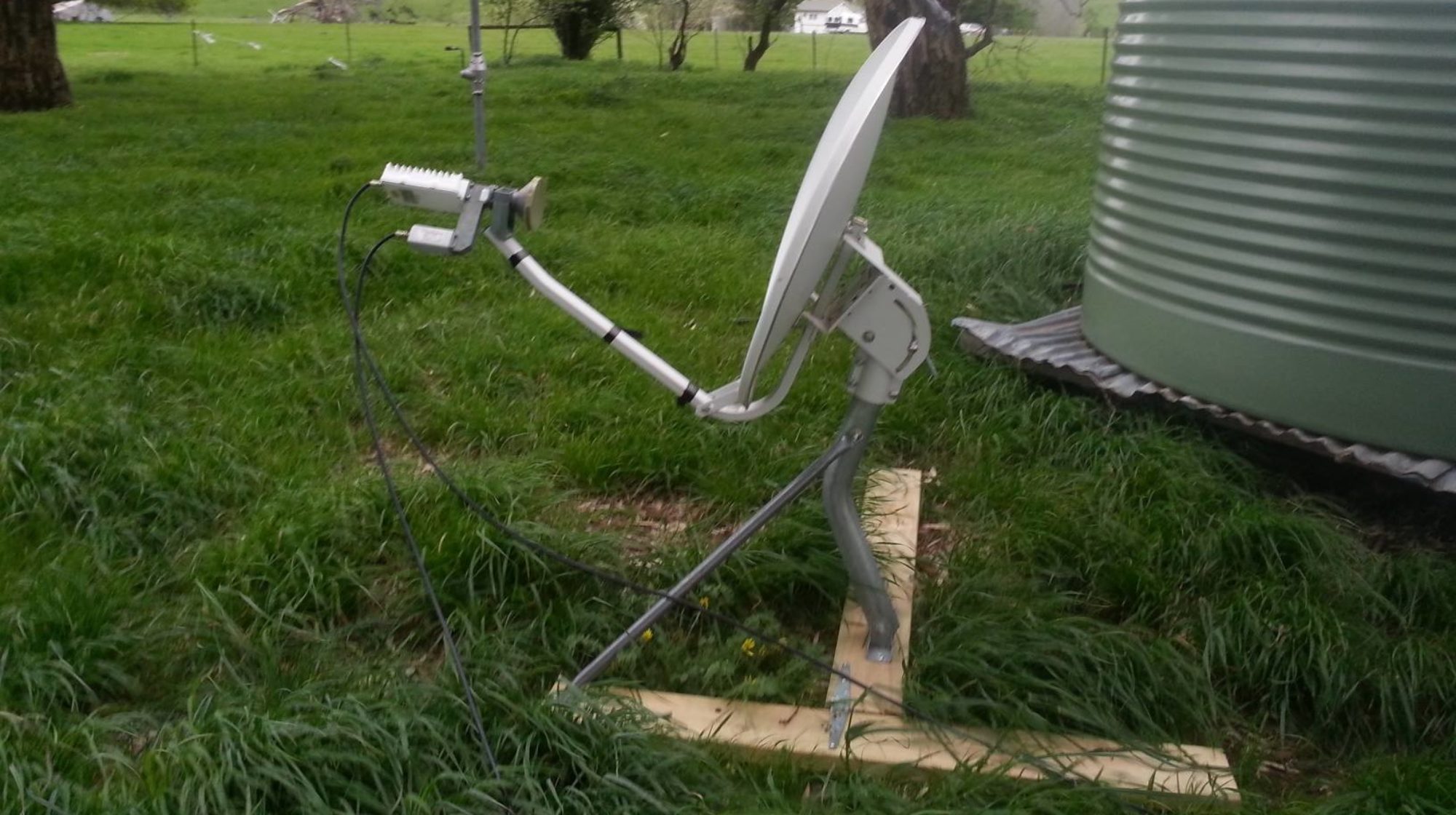Dignity Enhancing Knowledge Management Systems Development.
privacy
ˈprɪvəsi,ˈprʌɪvəsi/
noun
- a state in which one is not observed or disturbed by other people.
- “she returned to the privacy of her own home”
|
- the state of being free from public attention.
- “a law to restrict newspapers’ freedom to invade people’s privacy”
dignity
ˈdɪɡnɪti/
noun
- the state or quality of being worthy of honour or respect.
- “the dignity of labour”
- a composed or serious manner or style.
- “he bowed with great dignity”
The distinction between privacy and dignity is in some ways considered from the point of view of a particularly personal form of act; as is the nature of defining an agent that in-turn defines its custodian.
In this way, the consideration that privacy should restrict from the person / subject, knowledge of how this interference pattern may cause a direct effect to them; or that they are not entitled to be furnished means in which to respond to what it is they may therefore be knowingly subjected to processes of which they are made allowances to know; or that an event that may factually been proven to have caused serious injury due to the actions (or lack thereof) of others; as to cause beneficial grounds in which any acts in breach of law be rendered by effect impunity; is now therefore whilst too often considered meritorious upon the basis of privacy – adjunct to the interests of dignity; as to form poisonous grounds in which bad actors are rendered meaningful service. Now therefore; the principle frame in which dignity may pertain; not simply includes the consideration of confidentiality (or privacy) but also the means in which to consider the acts of others as to be valued and respected in a manner that is based upon the means in which we act as to treat each-other ethically.
